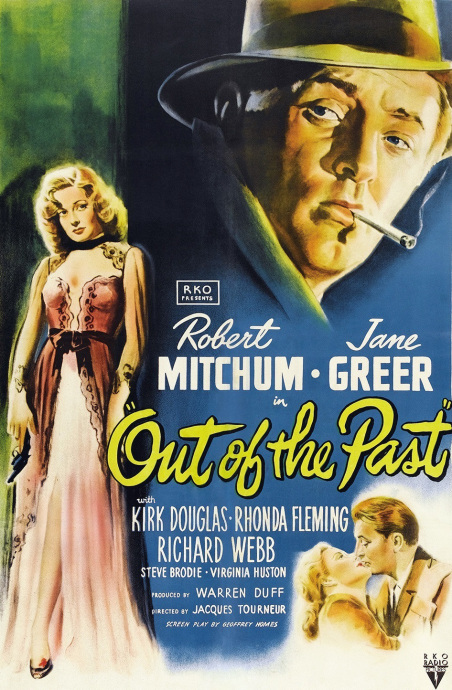
Susan Laughs is an adorable picture book for little ones that poignantly illustrates what so often happens when able-bodied individuals undertake disabled protagonists with little to no interaction with or input from disabled individuals.
Author Jeanne Willis and illustrator Tony Ross are prolific and skilled individuals who have successfully partnered on other books, even an entire series, before creating this one. Their good intentions shine through in the sweet and engaging ways they show Susan navigating through everyday situations and feelings just like any other kid. She gets sad and mad, swings and sings, through a book of verse that emphasizes that Susan is just like you (the young reader) even as the final page depicts her sitting in a wheelchair.
That last moment reveal is the failure of the book. The creators intended to draw children into feeling their connection with Susan and the universality of her emotions and experiences before revealing her key difference but instead it comes across as a “gotcha!” moment. It’s aimed at preschoolers, who could quickly point out that there’s no actual story, action, or dialogue, just the reader watching Susan page after page. The wheelchair surprise is the closest thing it has to conflict and young readers could easily be confused or disappointed by the non-event.
If the wheelchair had been present occasionally throughout the text, even if not being used (since Susan sings and swings without it and sits in normal chairs, depictions that are important for able-bodied children to see), young readers would better understand the point of the book throughout the reading. Also, then there wouldn’t have been a possibility of a pre-schooler wondering if something happened right at or before the end that put her in the wheelchair, as she seems completely able-bodied throughout the rest of the book, and is even shown dancing upright on a relative’s feet. But most of all, it sends the message that disabled kids should look and act just like everyone else as much as possible to be accepted.
Advertisements Share this:




